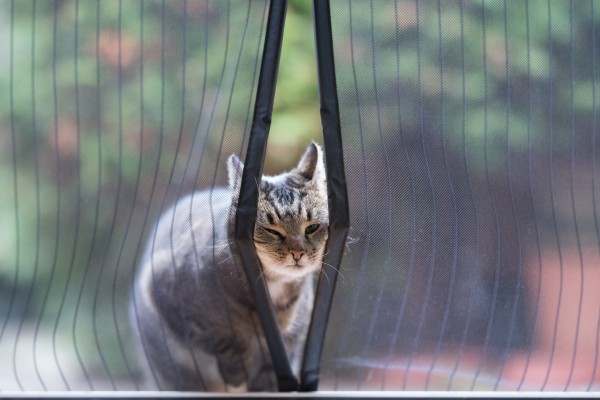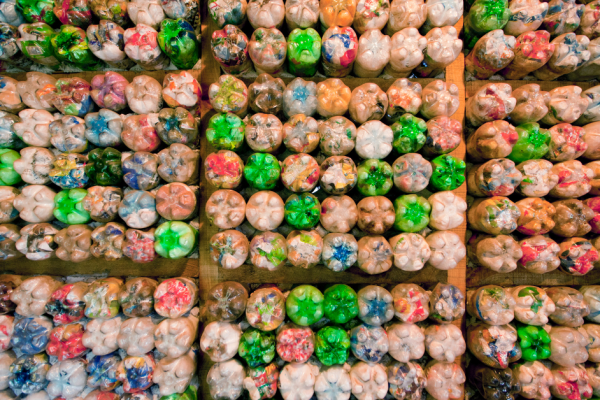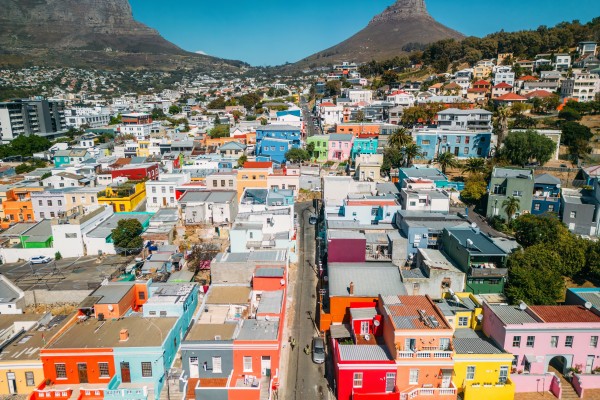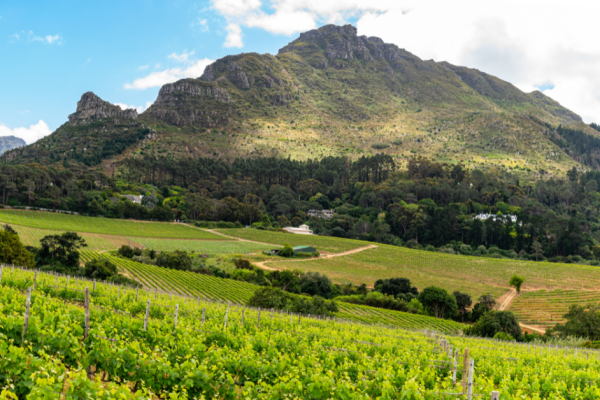Navigate seasonal allergies in South Africa

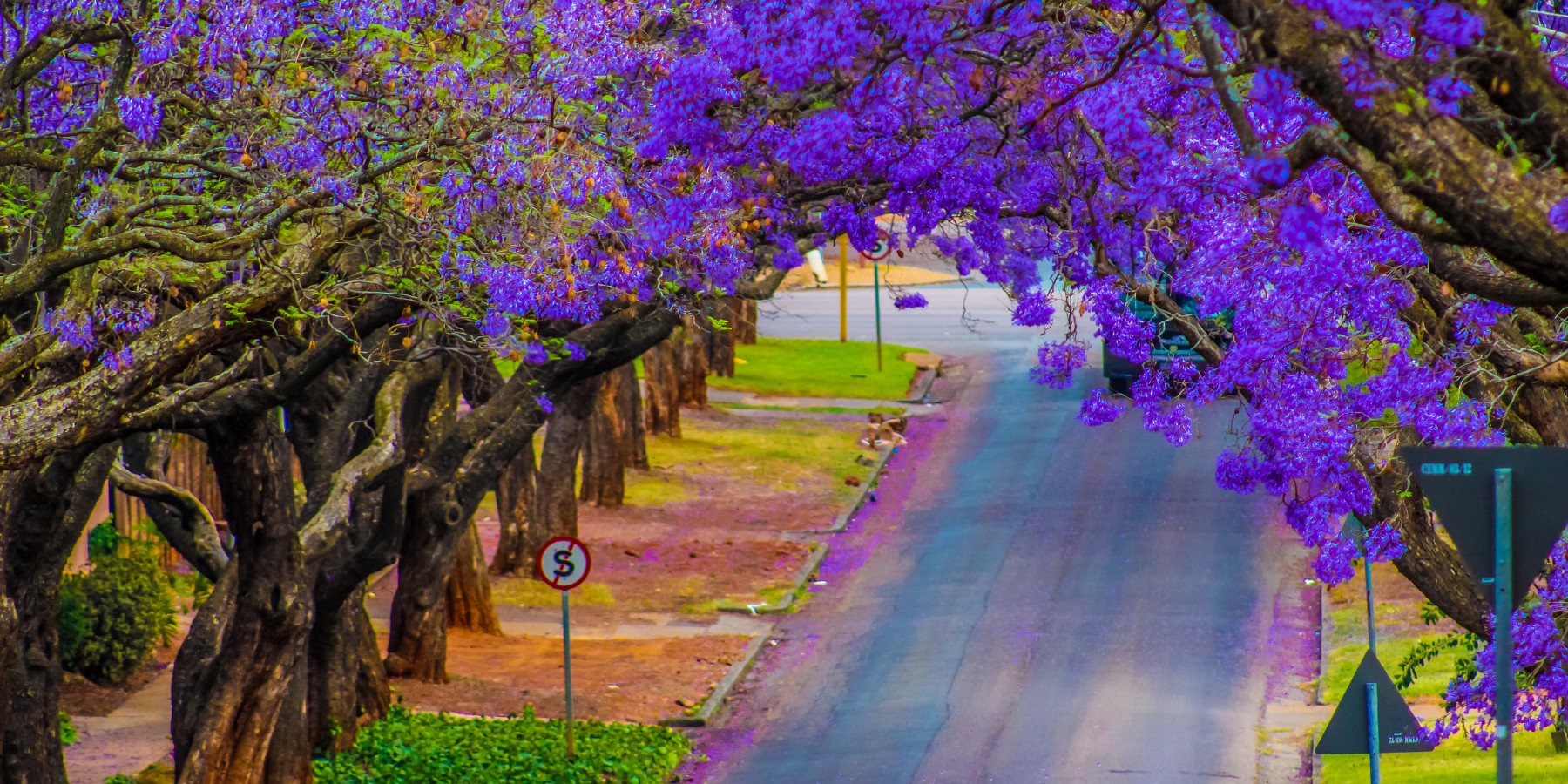
Aaah, spring has sprung in South Africa. The hadedas are hadeda-ing, the Jacarandas have turned the streets purple, and the pollen is powered up– which means seasonal allergies are at their peak.
If you are one of the unlucky people who suffer from seasonal allergies, this bright season can feel very gloomy.
In this guide, we break down why South Africa’s allergy season seems so relentless, which plants are the worst culprits, and—most importantly—how to survive the pollen onslaught.
Why are seasonal allergies worse in South Africa
South Africa’s beautiful and vast biodiversity is amazing for nature lovers and the environment but not so much for those who suffer from pollen allergies. The country's climate and diverse plant life mean there’s a lot of pollen in the air for large portions of the year.
The mix of indigenous and introduced plants, along with the country’s wind patterns, also means that pollen can travel far and wide, hitting you when you least expect it.
And let’s not forget that glorious South African sun, which makes plants thrive—and pollen counts soar.
How long is South Africa’s allergy season
Sadly, South Africa’s relationship with pollen is not just a “spring fling” as it can span multiple seasons.
Spring
September — November: This is prime pollen time as trees, grasses, and weeds are all in their pollen power era.
Summer
December — February: The trees and weeds will have ceased fire, but the grass pollen sticks around, so you’re not in the clear just yet.
Autumn
March — May: Aaaaaaah, a brief reprieve! Most plants have rested their case, but some grasses and trees are still in business, and mould spores from fallen leaves can stir up trouble.
Winter
June — August: Just when you think you can breathe (literally), winter winds spread whatever pollen is left, and indoor allergens like dust mites take centre stage.
What plants produce the most pollen in South Africa
South Africa’s diverse plant life is breathtaking, but some plants are also very generous when it comes to pollen. Here are the key players contributing to nature’s pollen party:
Oak Trees — These pretty, acorn producing trees that line many South African pavements produce most of their pollen in the springtime.
Pine Trees — South Africa’s iconic pine trees add as amazing touch to the landscape, but they are also very generous with the pollen
Grasses Ryegrass, Bermuda grass, and Kikuyu grass are staples in many lawns and parks. While they do spread pollen, they also create those lovely green spaces we enjoy.
Acacia Trees — A true symbol of South Africa, Acacias also like to spread the pollen wealth
Plantain — Not the type you fry up, but this hardy plant’s pollen still likes to make itself known.
Olive Trees — They are known for their delicious fruits and oil, but their pollen has its moment in the sun too. This tree is at its pollen peak between October and March.
Privet — These ornamental shrubs add beauty to many gardens, and they like to share their pollen joy.
Camphor Trees — Known for their aromatic fragrance; Camphor trees are as strong in scent as they are in pollen production.
The white stinkwood and rhus are the only endemic trees in Cape Town that are associated with allergic rhinitis.
What symptoms do seasonal allergies cause in South Africa?
If your nose has grown feet and started running, or your eyes have been feeling extra busy lately, it could be because of seasonal allergies. Here's what to look out for:
Sneezing — Those spontaneous, rapid-fire sneezes that seem to come out of nowhere.
Runny or Stuffy Nose — You might feel like your nose can’t make up its mind—one minute it’s a river, the next it’s totally blocked.
Sinus Pressure or Headaches —That annoying, heavy feeling behind your eyes and forehead can be a common sign.
Fatigue — Battling allergies can leave you feeling like you’ve run a marathon, even when you’ve just been sitting.
What to do if you suffer from seasonal allergies in South Africa?
If you're among the 15 to 40% of South Africans who suffer from the seasonal sniffles, don’t worry—you’ve got options! Here are some tips to help you breeze through allergy season:
Check the Pollen Count
A quick glance at the day’s pollen forecast can help you plan ahead. On high pollen days, indoor activities might be a safer bet.
Close Your Windows
While fresh air is great, keeping your windows shut during peak pollen hours can save you a lot of sneezes.
Wash Up
After spending time outdoors, give yourself a quick rinse to wash away any pollen that’s hitched a ride.
Use Allergy Medications
Antihistamines and nasal sprays can be lifesavers. Make sure your medicine cabinet is well-stocked.
Invest in an Air Purifier
A good air purifier can help keep the air in your home free from allergens, giving you a safe space to relax.
Where to get help if you suffer from seasonal allergies in South Africa?
If you're still feeling the effects despite your best efforts, it’s time to call in the experts:
Allergists: These specialists can test for specific triggers and tailor a treatment plan to help you breathe easier.
Pharmacies: Your local pharmacist can recommend over-the-counter treatments that may provide quick relief for common symptoms.
GPs: Your family doctor can offer advice on managing allergies and may refer you to a specialist if needed.
Online Resources: Check out the Allergy Society of South Africa (ALLSA) for tips, resources, and support.
What do our customers say?




